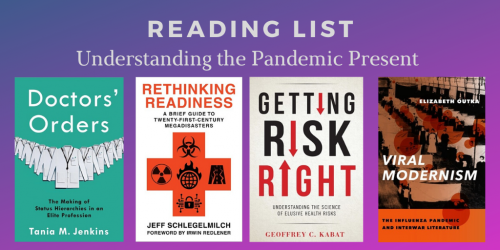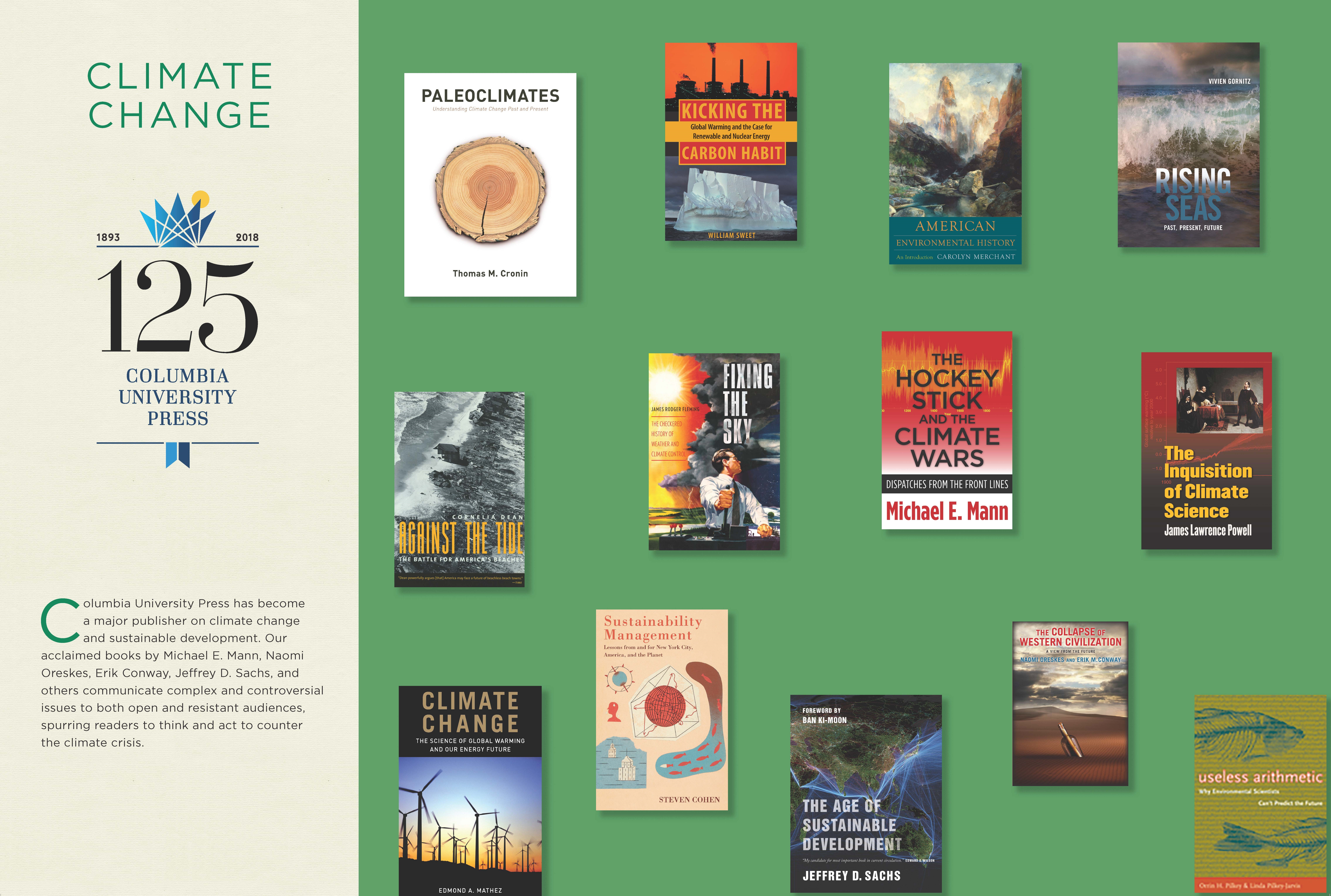Interview with Alfredo Morabia, author of Enigmas of Health and Disease
The following is an interview with Alfredo Morabia, author of Enigmas of Health and Disease: How Epidemiology Helps Unravel Scientific Mysteries. You can also read Morabia’s blog post Michelle Obama and Epidemiology: An Inspiring Example
Question Your book offers a fascinating and frequently surprising history of epidemiology. How does our understanding of this history help us confront contemporary issues relating to medicine and public health?
Alfredo Morabia: If I have to isolate one key lesson of this historical voyage, it is that society’s success in confronting health issues depends on its ability to use epidemiology to identify medical and public health interventions that work. This was the great discovery of the 17th century, and it finally stopped and reversed the inexorable and millenary progression of the great epidemic diseases.
Q: As you looked back at the history, were there particular events or moments that you found particularly surprising and perhaps changed the way you think about epidemiology?
AM: I had always associated the history of epidemiology mostly with the history of public health but this is not true. The history of epidemiology belongs just as much to the history of clinical medicine. Group comparisons were used to assess the efficacy of treatments by clinical doctors throughout the 350 years of existence of epidemiology.
Q: Your book stresses the importance of group comparisons. Why is this so central to epidemiology?
AM: Comparison is the basic tool of science. In epidemiology, by comparing groups of people we can learn whether a specific drug works, whether an exposure is beneficial or deleterious, or whether a screening test can prolong life. Groups are predictable and comparable; individuals are not.
Q: In the book you argue that the public’s knowledge of what epidemiology is and does is often lacking. What’s the impact and/or danger of this lack of understanding?
AM: Understanding what epidemiology does is useful for correctly interpreting everyday health. Consider the news that eating fish 3 times a week protects against heart disease. Someone unaware of what epidemiology does might imagine that it was a kind of lab experiment in which two individuals were compared, the one eating more fish not having heart disease while the other did. The mistaken interpretation is: “If I eat 3 servings of fish per week I will not get heart disease.” Understanding that the finding comes from a group comparison leads to the correct interpretation: the group eating three serving had a lower risk of heart disease than the group who did not. Therefore, if I eat 3 servings of fish per week I will reduce my risk, not eliminate it.
Q: What can epidemiologists themselves do to make the importance of their work and field more accessible to a broader population?
AM: The unambiguous conclusion of my book is that there is no alternative than to familiarize children with epidemiology in middle and high schools. Thinking at the population level is not a skill that one can develop spontaneously. It is like discovering a fifth dimension and it needs to be taught. This has always been true, at all times and for everyone.
Q: What are some the key challenges that epidemiologists will confront in the coming years?
AM: Easy question to answer: whatever new health challenge confronts society at large, either in clinical medicine or in public health. Epidemiologists have always been tackling the major health problems surrounding them. It was the plague in the 17th century, smallpox and scurvy in the 18th century, fevers and cholera in the 19th century, tuberculosis, cancer, heart disease, and HIV in the 20th century. So far, in the 21st, it’s been psychiatric, neurological and metabolic disorders.
Q: Much has been made in recent years about the promise of personalized medicine. Will this be an important solution or should be we be skeptical of its promise and potential?
AM: Personalized medicine is a noble objective and it would be presumptuous to rule it out as an impossible dream. It is however important to realize that we are not there yet. As far we can see, most medical knowledge related to treatment, prevention, and screening is still derived from group comparisons, that is, from epidemiological studies.







1 Response